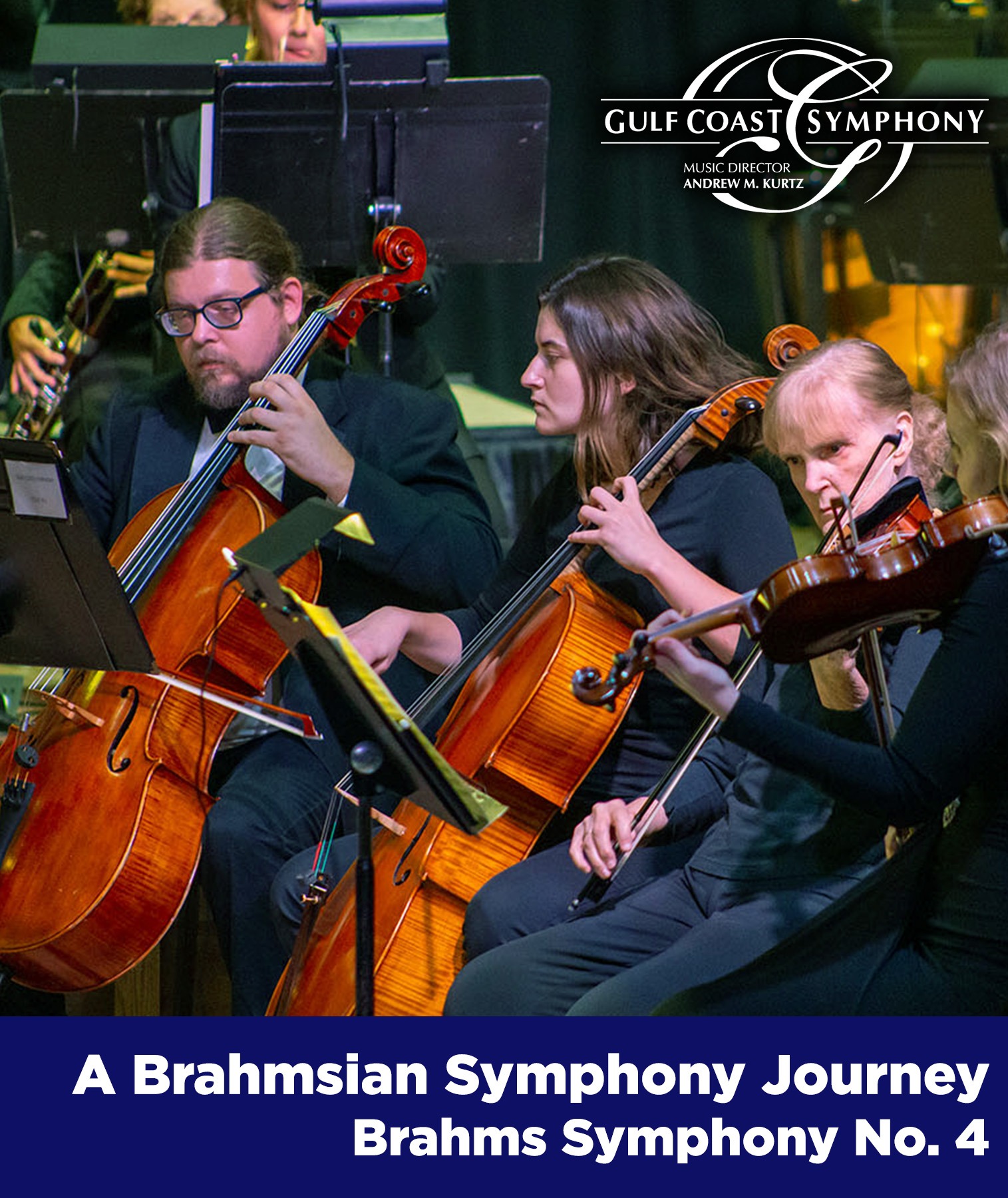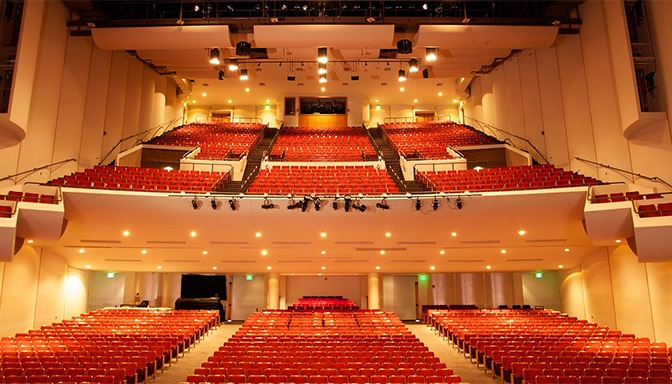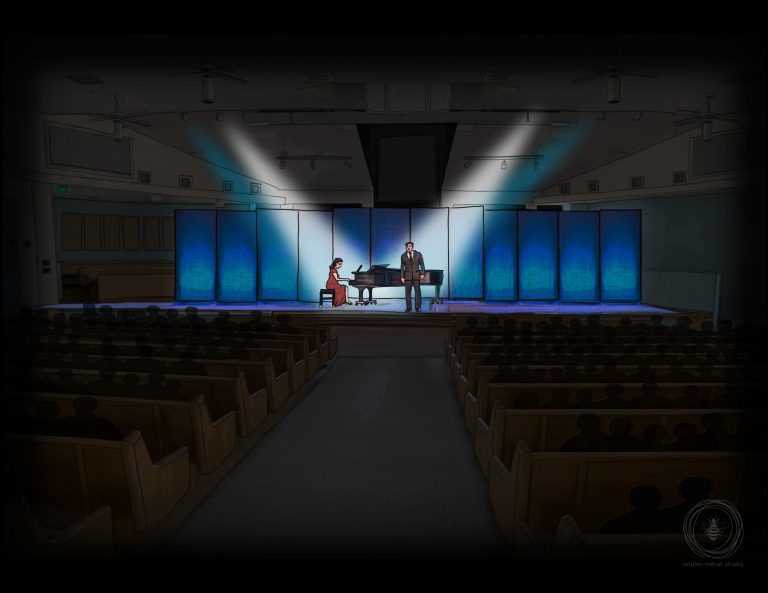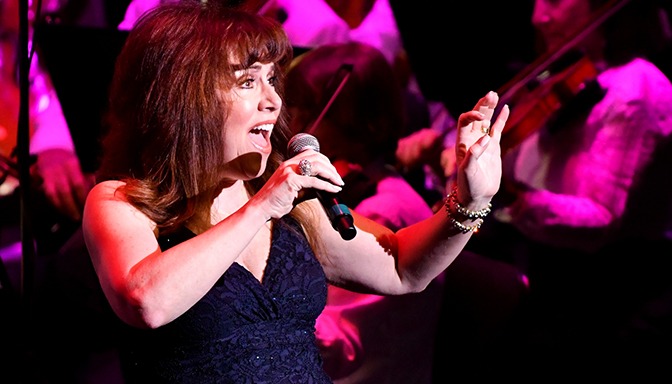Symphony at the MACC: Brahms Symphony No. 4
Brahms Symphony No. 4: Experience the depth and emotional richness of Johannes Brahms’ Symphony No. 4, regarded as one of the pinnacles of the symphonic repertoire. This symphony is a testament to Brahms’ mastery of orchestration and his ability to evoke profound emotions through music. Under the direction of the conductor Andrew M. Kurtz, the Gulf Coast Symphony will breathe life into every note, taking you on a mesmerizing journey through Brahms’ musical genius.
Also on the program is Debussy’s La Mer and Verdi’s Overture to Luisa Miller.
About the Composer
Johannes Brahms
Johannes Brahms (7 May 1833 – 3 April 1897) was a German composer and pianist of the Romantic period. Born in Hamburg into a Lutheran family, Brahms spent much of his professional life in Vienna, Austria. His reputation and status as a composer is such that he is sometimes grouped with Johann Sebastian Bach and Ludwig van Beethoven as one of the “Three Bs” of music, a comment originally made by the nineteenth-century conductor Hans von Bülow.
Read More ››Claude Debussy
Claude Debussy (22 August 1862 – 25 March 1918) was a French composer. He is sometimes seen as the first Impressionist composer, although he vigorously rejected the term. He was among the most influential composers of the late 19th and early 20th centuries. Born to a family of modest means and little cultural involvement, Debussy showed enough musical talent to be admitted at the age of ten to France’s leading music college, the Conservatoire de Paris. He originally studied the piano, but found his vocation in innovative composition, despite the disapproval of the Conservatoire’s conservative professors. He took many years to develop his mature style, and was nearly 40 when he achieved international fame in 1902 with the only opera he completed, Pelléas et Mélisande.
Read More ››Giuseppe Verdi
Giuseppe Fortunino Francesco Verdi (October 10, 1813 – January 27, 1901) was born in Roncole in the former duchy of Parma, he first studied music in the neighboring town of Busseto. Then, upon being rejected in 1832, because of his age, by the Milan Conservatory, he became a pupil of the Milanese composer Vincenzo Lavigna. He returned to Busseto in 1833 as conductor of the Philharmonic Society. At the age of 25 Verdi again went to Milan. His first opera, Oberto, was produced at La Scala
Read More ››

)














